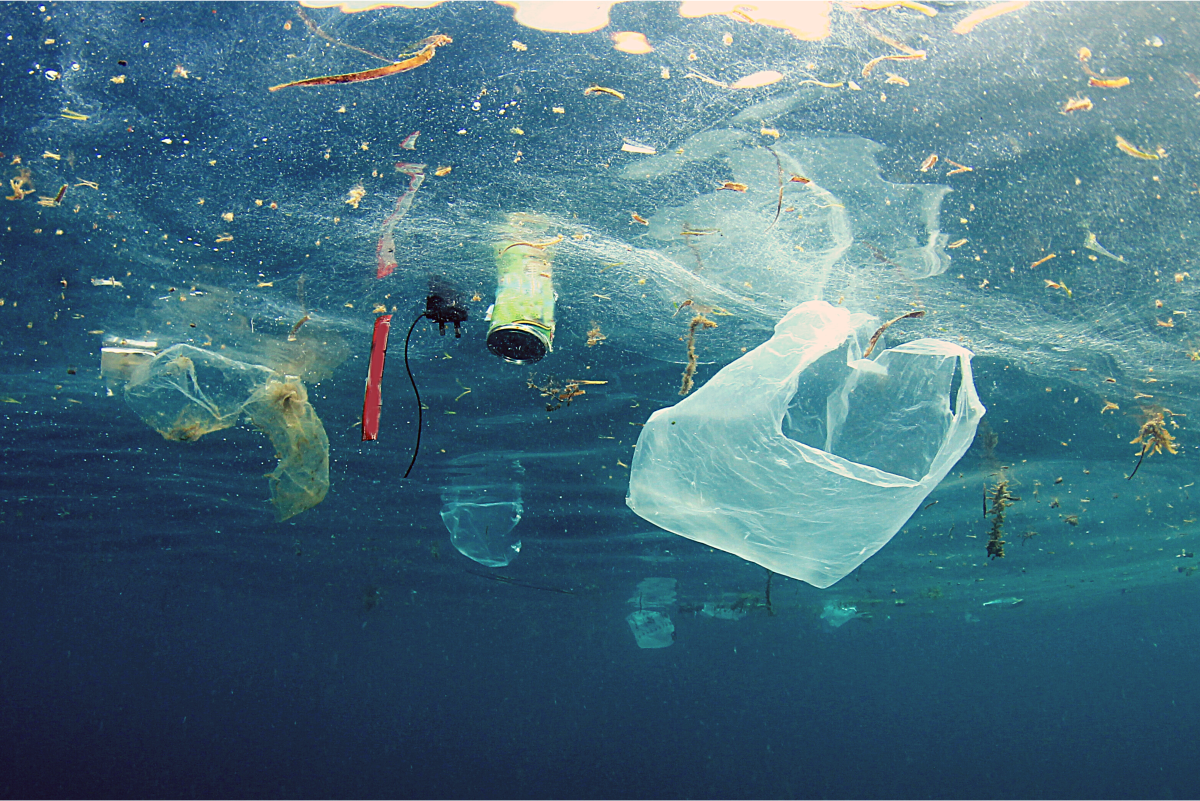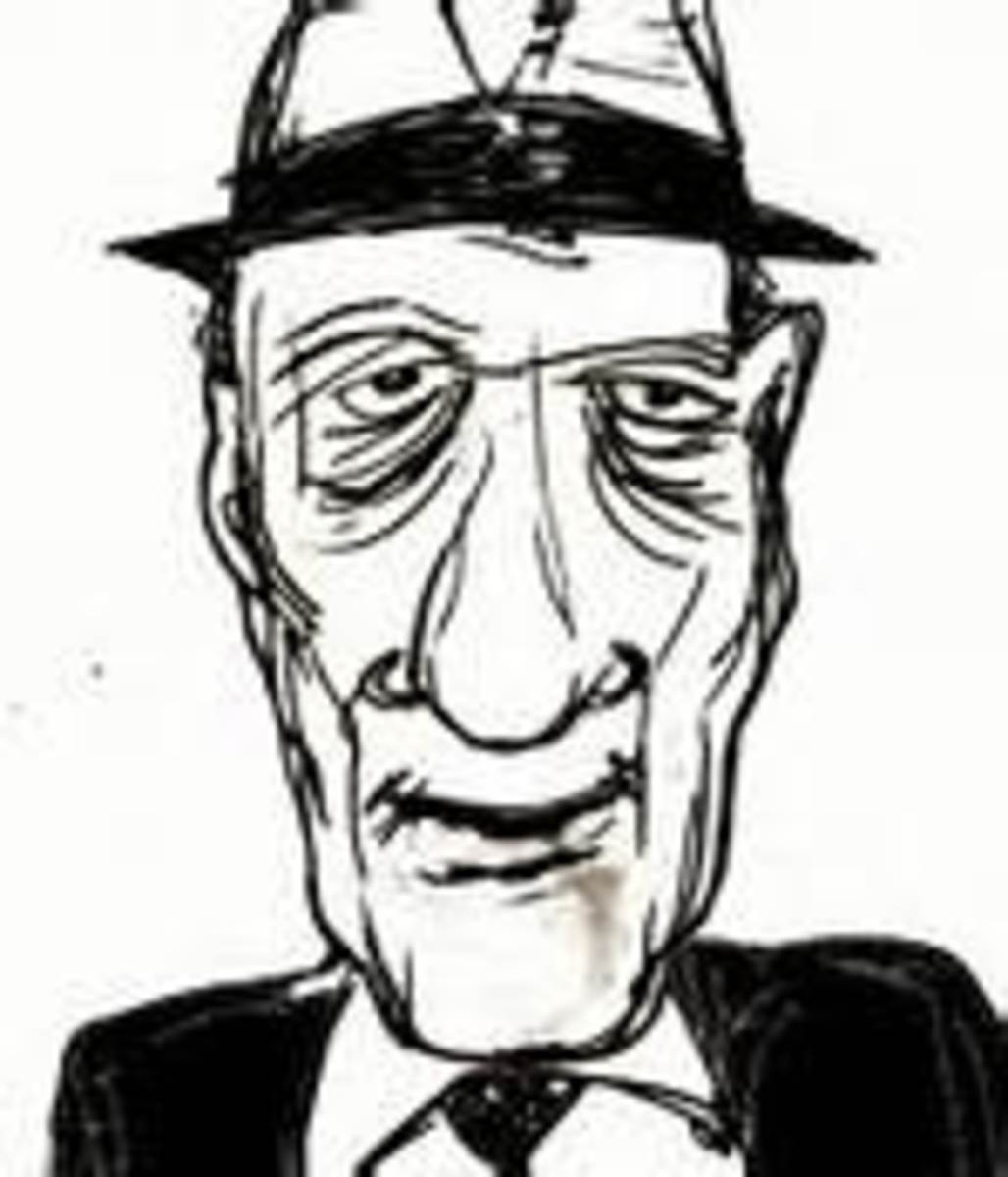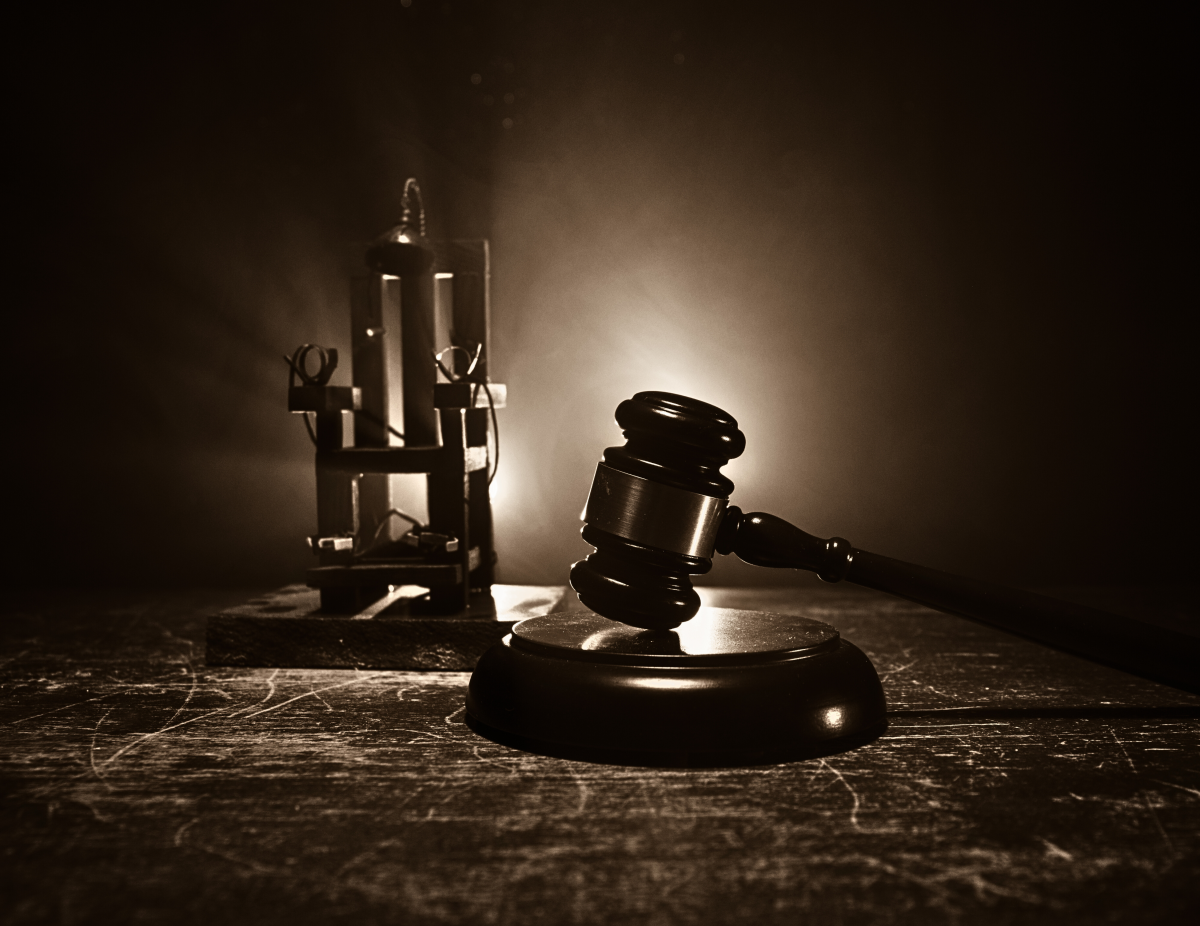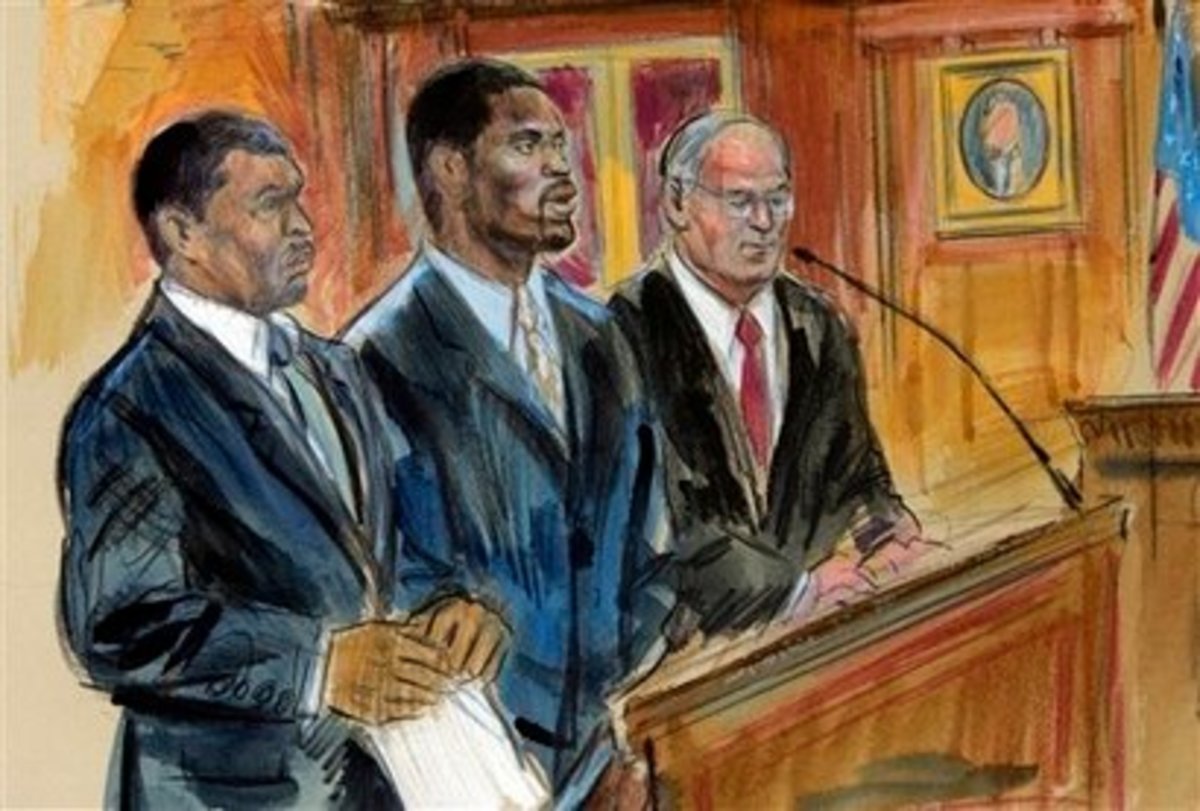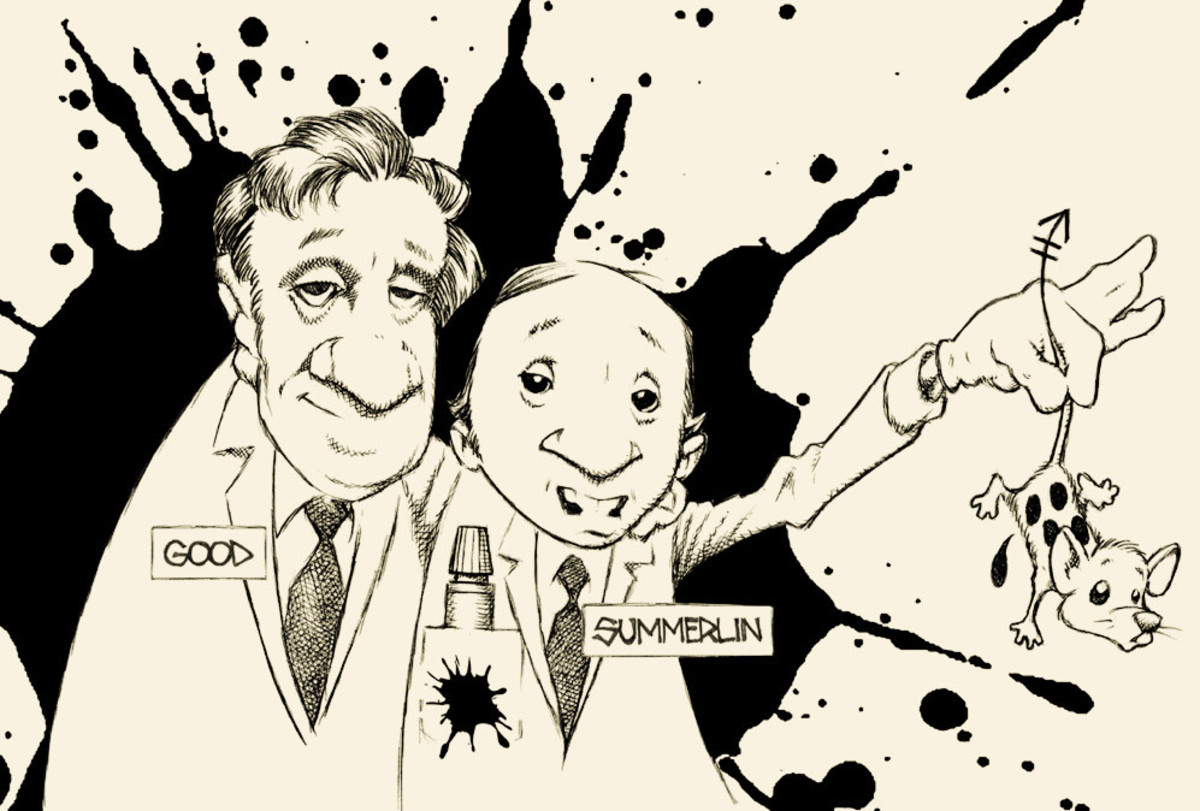Obscenity Laws and Music-Part 3: Solutions

Solutions
Overall, that the government has handled the cases involving music and obscenity well. Sex and violence affect every medium, so there needs to be some sort of regulation, otherwise things would get out of control. But the problem is how can limits be made without violating free speech? Ratings and parental advisories have worked well.
So, the government, courts, and parents find it a problem trying to restrict music in their lyrics and message. Many people hope that the musicians will use self-censorship. Perhaps it would help if musicians were encouraged to create music that is positive and inspires.
Self-censorship can be an option. It would not restrict adults from buying sound recordings, nor restrict artists from creating recordings. Labeling records does not constitute prior restraint for the artists (Soundgarden v. Eikenberry, 123 Wash. 2D 750 (1994)).
Wal-Mart censors the music that they sell. This is not a big problem, because people can still purchase the unedited versions somewhere else. However, there is a problem in rural areas because locally owned shops cannot compete with Wal-Mart’s low prices (Nichols, 2003). Wal-Mart is good if the customer wants an edited version of an album.
The government needs to update the Miller test or any other tests that are used on music. Society is not as conservative as it was when the Miller test came to be. It should be up to each state or even city, because some areas of the country are more conservative than others.
An important part of this is to decide who will determine if a work is obscene. Perhaps people from different backgrounds. With music, it could include musicians of different styles. A panel of people could evaluate the works.
All people are different, so some things will offend some, and not offend others. Most would agree on certain things to be offensive, such as pedophilia. Those who evaluate can build upon this, as well as if a work has value or lacks it.
Conclusion
Obscenity is a hot topic, and it is important that it be addressed. Many in society blame obscenity in music for being the cause of law breaking. This needs to stop. People need to take responsibility for their own actions and be accountable. Everyone should be his/her own judge when it comes to which mediums, he or she would pay attention to. We always have choices when it comes to our actions.
The government has made the laws about obscenity and music. A reason for this is that structure is good. Musicians should be mindful of their music and put effort into creating something artistic, not sound that will shock or offend. There needs to be a new test for music and other media to find out if it is obscene. The Miller test should be modified or updated.

References
Bicket, Douglas. (1998, December) Drifting Apart Together: Diverging Conceptions of Free Expression in the North American Judicial Tradition. Communications & the Law. Vol. 20, Issue 4, p.1-38.
Linz, D. & Donnerstein, E. (1995) Discrepancies between the legal code and community standards for sex and violence. Law & Society Review. Vol.29 Issue 1, p.127, 42p.
The Entertainment Litigation Reporter. (1990, November 12) 2 Live Crew Acquitted in Florida Obscenity Case.
The Entertainment Litigation Reporter (1991, January 14) Freeman Fined $1,000 for Selling 2 Live Crew Album.
The Entertainment Litigation Reporter (1992, June 22) 11th Circuit Finds 2 Live Crew Album is not Obscene; First Amendment: State of Florida v. Campbell.
Hammond, Allen S. (1996) Indecent Proposals: Reason, Restraint and Responsibility in the Regulation of Indecency. Villanova Sports and Entertainment Law Journal. Vol. 3, Issue 259.
Holston, N. (1999, May 9) As violence grows, critics debate notion of censorship. Star Tribune, pp. F1.
Hutchison, Robin. (2003, January 6) Cops Tell Music Bosses to Curb Gun Culture; Ban the Gangstas. Daily Star. P. 7.
The Legal Intelligencer. (1995, January 27) Legislation. P.6.
Lury, Alexis A. (1999, Fall) Time to Surrender: A Call for Understanding and the Reevaluation of Heavy Metal Music within the Contexts of Legal Liability and Women. Southern California Review of Law and Women’s Studies. Vol. 9, Issue 155.
Perry, Robert J. (1992, June 26) Important Ruling in the War Over Pop Music Censorship. New York Law Journal. P. 5
Nichols, John. (2003, May 27) Wal-Mart is a Threat to Stoughton. Capital Times (Madison, WI). P. 8A
Pember, Don R. (2003) Mass Media Law, p.439-441, 449.
Soundgarden v. Eikenberry, 123 Wash. 2d 750 (1994)
Tuite, Patrick. (1992, May) Senate Bill Awarding Obscenity Damages’ Fit for Censorship. Chicago Lawyer. P. 11.
This content is accurate and true to the best of the author’s knowledge and is not meant to substitute for formal and individualized advice from a qualified professional.
© 2019 Mark Richardson



